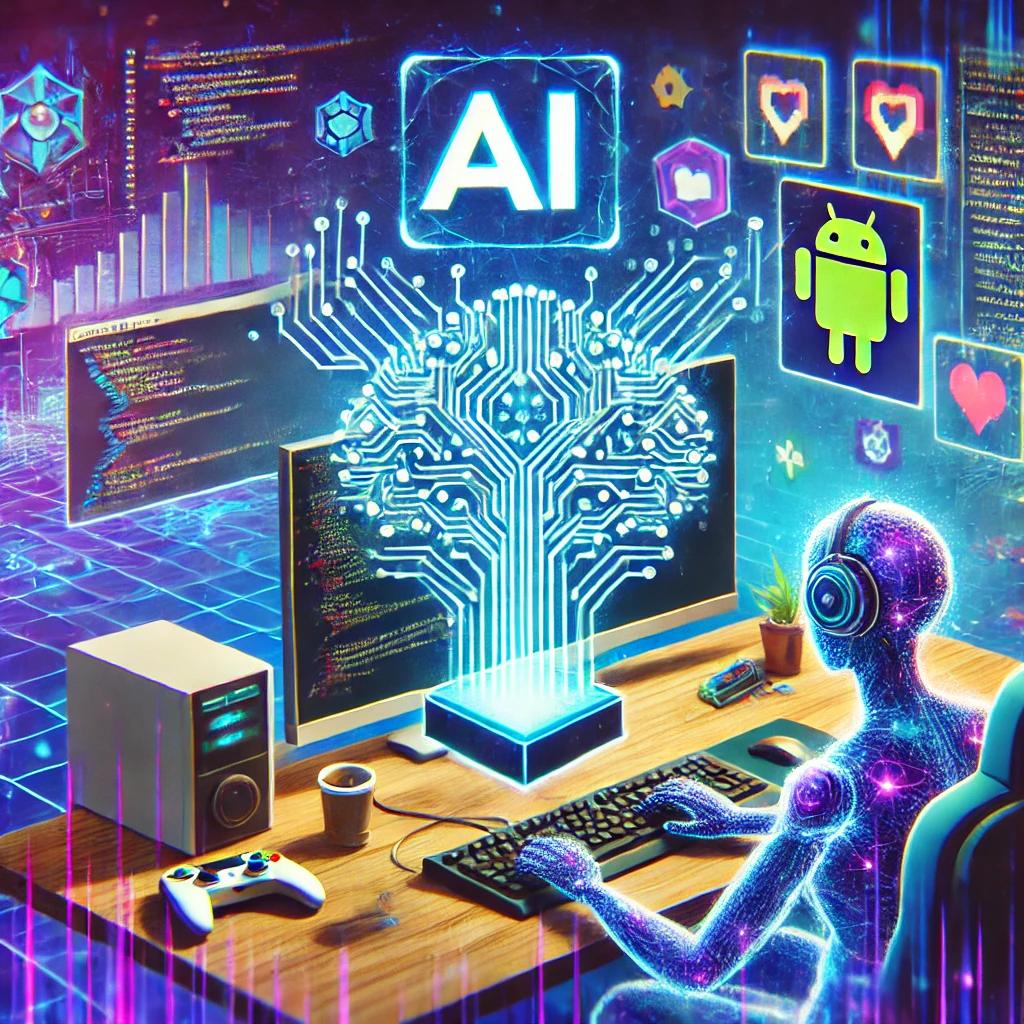
AI-Powered Code Generation: Revolutionizing Software Development
Share
The Rise of AI-Powered Code Generation: A Game-Changer for Developers
Artificial intelligence (AI) is rapidly transforming a variety of industries, and the software development sector is no exception. AI-powered code generation is emerging as one of the most exciting trends in the tech world, and tools like GitHub Copilot and OpenAI’s Codex are leading the charge. These advanced tools utilize machine learning models to analyze massive repositories of code, offering developers unprecedented assistance in writing, optimizing, and even debugging code. This technology represents a significant shift in how software is developed, reducing the time it takes to code while increasing overall productivity.
AI-powered code generation tools essentially act as virtual coding assistants. By predicting the next lines of code, suggesting optimizations, and automating routine tasks, they empower developers to focus on higher-level design and problem-solving. Instead of manually writing every line of code, developers can rely on AI to handle repetitive and tedious aspects of programming, allowing them to work more efficiently. For instance, GitHub Copilot, powered by OpenAI’s Codex, can generate entire functions and blocks of code based on simple comments or partial inputs from the developer. This ability to understand and predict coding patterns can greatly reduce the time spent on boilerplate code.
Benefits for Developers and Businesses
For developers, the benefits of AI-driven code generation are numerous. First, it significantly reduces the risk of human error. Even seasoned developers can make mistakes when writing thousands of lines of code, and AI tools can identify potential errors or inconsistencies early in the development process. This leads to cleaner, more robust code with fewer bugs, which is especially important in large-scale projects where debugging can be time-consuming and costly.
Moreover, AI-powered tools are particularly valuable for developers working with multiple programming languages. By learning from vast code repositories across various languages, these tools can offer relevant suggestions regardless of the coding environment. This versatility makes AI an essential asset for developers working on diverse projects, from web development to mobile app creation and even data science applications.
Businesses can also benefit from the adoption of AI code generation tools. With reduced development times and increased efficiency, companies can bring their products to market faster. Furthermore, teams can focus on more innovative tasks, rather than being bogged down by mundane coding work. This not only leads to cost savings but also boosts employee satisfaction by allowing developers to engage in more intellectually stimulating work.
Challenges and Considerations
However, like any technological advancement, AI-powered code generation comes with its own set of challenges. One of the primary concerns is the issue of intellectual property. Since AI tools are trained on publicly available code, there are questions about ownership and whether using AI-generated code violates licensing agreements. Developers and businesses must be mindful of these legal and ethical issues when integrating AI into their workflows.
Another challenge is the potential over-reliance on AI-generated code. While AI can handle repetitive tasks, developers still need a deep understanding of programming principles to ensure that the code aligns with the project’s objectives. Over-dependence on AI without critical oversight could lead to issues such as poorly optimized code or security vulnerabilities that AI might not catch.
Security concerns are another significant consideration. AI tools might not always account for best practices in security, especially when generating large blocks of code in a short amount of time. This makes it essential for developers to remain vigilant and conduct thorough code reviews, particularly when working on sensitive applications where security breaches could have serious consequences.
The Future of AI in Software Development
Despite these challenges, the future of AI-powered code generation looks incredibly promising. As AI models continue to evolve and improve, they will likely become even more adept at understanding context and generating high-quality code. In time, AI could go beyond just assisting with code generation and take on more complex roles, such as optimizing entire software architectures or even automating the deployment process.
Furthermore, as AI-powered code generation tools become more widely adopted, we can expect to see increased collaboration between developers and AI. Instead of replacing human developers, AI will serve as an invaluable tool that enhances their capabilities. This human-AI partnership could unlock new levels of innovation, allowing developers to tackle more ambitious projects with greater speed and efficiency.
For developers and businesses looking to stay ahead in the competitive tech landscape, embracing AI-powered code generation is not just a trend but a strategic move. By leveraging these tools, teams can work smarter, not harder, and position themselves at the forefront of technological innovation.
